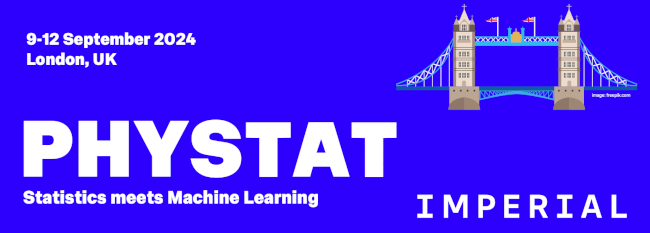Speaker
Description
We demonstrate a neural network training, capable of accounting for the effects of systematic variations of the utilized data model in the training process and describe its extension towards neural network multiclass classification. We show the importance of adjusting backpropagation to be able to handle derivatives of histogram bins during training and add an interpretation of the optimization process itself, highlighting the differences between the systematic aware and conventional training strategies. Trainings for binary and multiclass classification with seven output classes are performed, based on a comprehensive data model with 86 nontrivial shape-altering systematic variations, as used for a previous measurement. The neural network output functions are used to infer the signal strengths for inclusive Higgs boson production, as well as for Higgs boson production via gluon-fusion (rggH) and vector boson fusion (rqqH). With respect to a conventional training, based on cross-entropy, we observe improvements of 12 and 16 %, for the sensitivity in rggH and rqqH, respectively.
